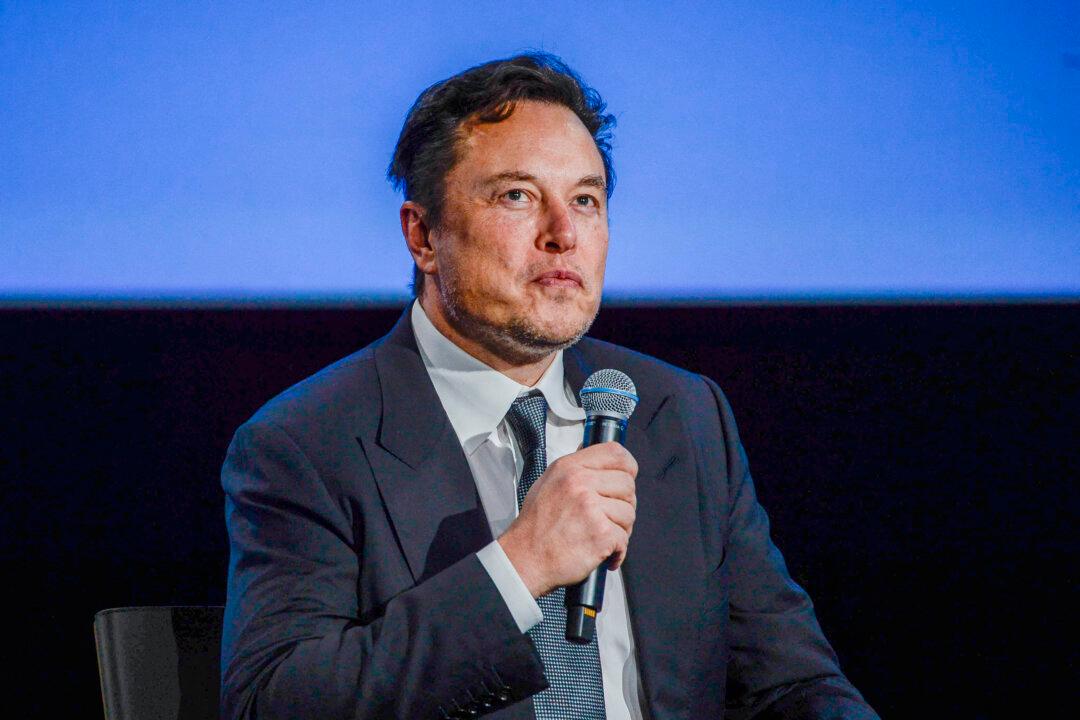News Analysis
The shareholders of Twitter on the afternoon of Sept. 13 signaled their approval of Elon Musk’s $44 billion takeover bid, but this development comes amid an intensifying legal battle as Musk seeks to pull out of a deal that looks less and less attractive because of longtime mismanagement and censorship of viewpoints on the social media platform, observers say.





